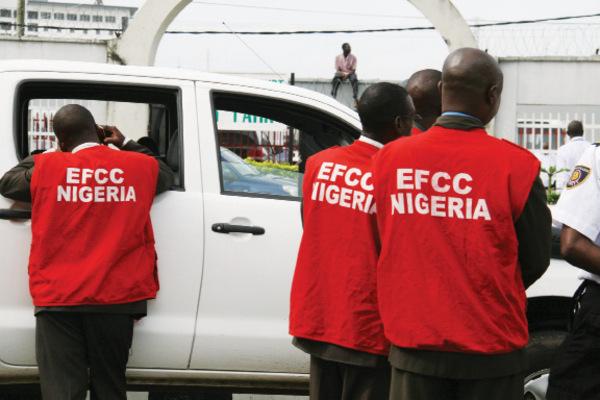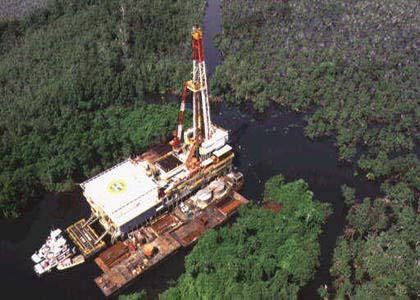
25 March 2017, Sweetcrude, Lagos — The Nigerian National Petroleum Corporation, NNPC, has disclosed that the $12 billion Trans-Saharan Gas Pipeline project, TSGP is still on track.
The Group Managing Director of the NNPC, Dr. Maikanti Baru, disclosed this in Abuja while receiving the National Coordinator of The New Partnership for African Development, NEPAD-Nigeria, Ms.Gloria Akobundu.
Dr. Baru explained that said that the Corporation would ensure collaboration towards the success of the TSGP, adding that the project was still on course.
The NNPC helmsman also disclosed that 50, 000 jobs had been created in the country following the signing of a Memorandum of Understanding, MoU, on the supply of phosphate between Nigeria and Morocco.
He said that the MoU between the two countries was for the supply of phosphate to rejuvenate agriculture by making fertilizer available and affordable.
“The Moroccans have already supplied a cargo of phosphate which has been delivered to various blending plants across the country. Already, 11 blending plants have come into production because of the supply.
“I am happy to inform you that this development has translated to the creation of about 50,000 jobs and led to the production of about 1.3 million tons of fertilizer in the country.”
The $12 billion Trans-Saharan Gas Pipeline is a 4,401 kilometres natural gas project to be constructed from Nigeria, starting from Warri, Delta State, to Algeria via Niger Republic and from Algeria to Spain.
The TSGP was conceived under the NEPAD Initiative championed by former President Olusegun Obasanjo, Thabo Mbeki of South Africa, Abdoulazeez Boutaflika of Algeria and Abdoulaye Wade of Senegal.
The proposed gas pipeline, to be built through a partnership between the NNPC and Algeria’s Sonatrach, would stretch 1,037 kilometres from Nigeria to the Niger border, 841 kilometres from Niger to Algeria, 2,303 kilometres across Algeria and 220 kilometres from Algeria to Spain and would have an estimated annual capacity of 30 billion cubic litres of natural gas. It is expected to become operational from 2020.
The Federal Government had committed $400m for the commencement of the project, while an additional $450m was raised through Euro-bonds in 2014.
The feed of a 48 inches pipeline from Calabar to Kano has been completed.



